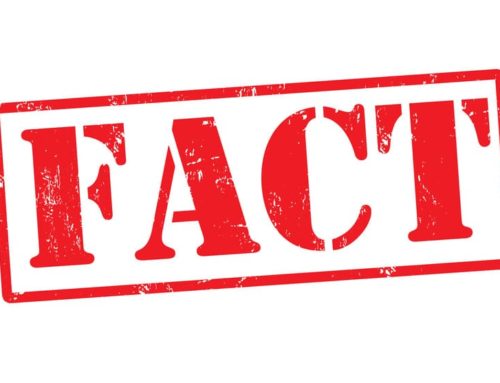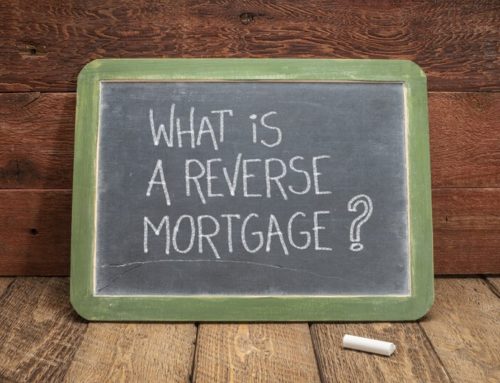A home equity loan does require monthly payments while a reverse mortgage does not. For example, if you are looking for a source of increased cash flow that will allow you to cover your debt and (maybe) take a vacation or two, then a home equity loan is not for you. It will further add to your debt and stop you from enjoying retirement as you worry about how you will make payments on this extra monthly expense, which must be paid at the end of a fixed period.
When a reverse mortgage becomes due, your heirs aren’t financially responsible for repayment. For example, if you pass away, but took out a home equity loan, the loan transfers to your heirs who will have to pay back the loan, plus interest. With a reverse mortgage, when the loan becomes due, the primary used for the reverse mortgage is sold and the equity is used to pay off all the fees and the lender. Any difference is given to the heirs.
As a non-recourse loan, you never owe more than the value of your home with a reverse mortgage. A home equity loan can become difficult to pay, especially as the interest rises. With a reverse mortgage, even if the loan surpasses the value of your home, the borrower is not responsible for repaying the loan in full. You aren’t financially responsible for the difference, neither are your heirs.
At PS Financial Services, a reverse mortgage company in Florida, we offer all the reverse mortgage options available for a retiring or retired senior homeowner. Make sure your retirement is liberating, not suffocating. Give us a call at (888) 845-6630 or send us an email at info@PSReverseMortgage.com. We do not pressure those who inquire.















